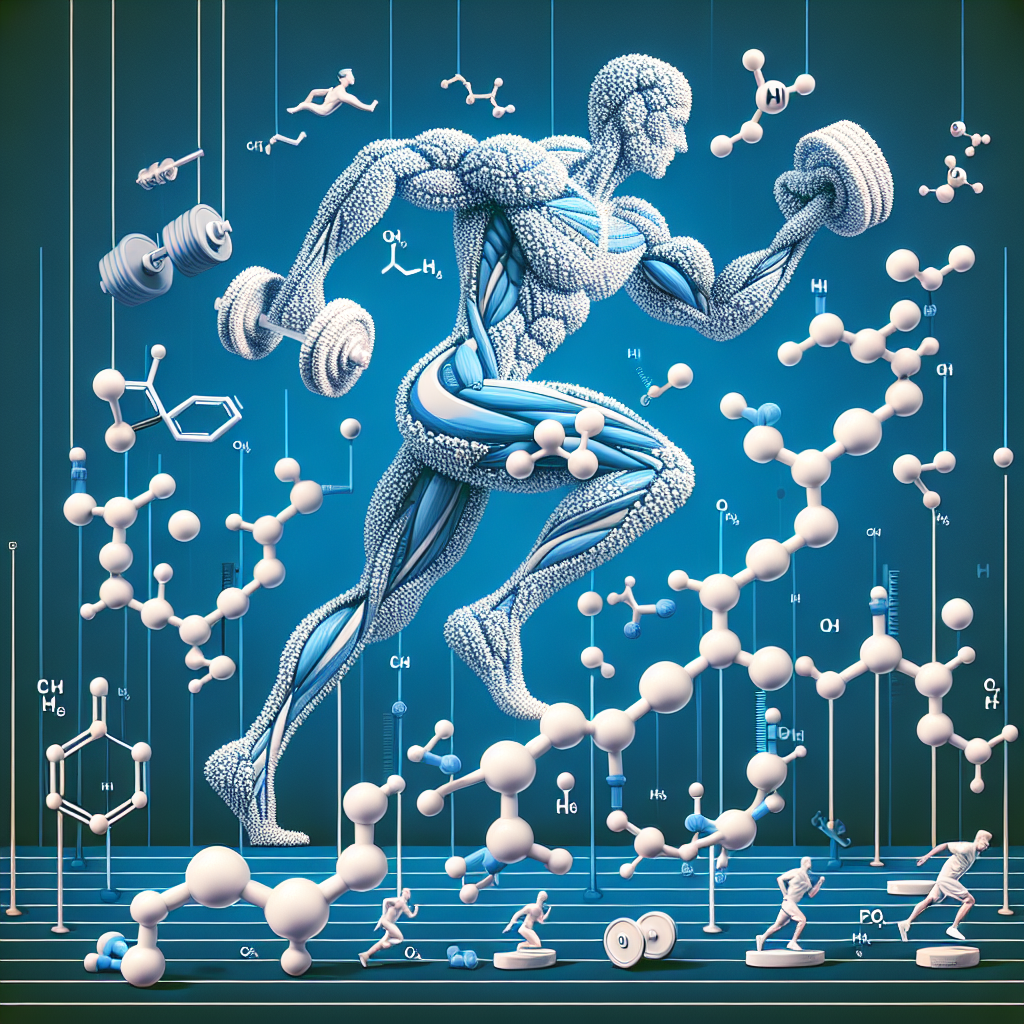-
Table of Contents
Methyltestosterone: Enhancing Athletic Performance with Caution
In the world of sports, athletes are constantly seeking ways to improve their performance and gain a competitive edge. While hard work, dedication, and proper training are essential, some athletes turn to performance-enhancing substances to give them an extra boost. One such substance is methyltestosterone, a synthetic form of the male hormone testosterone. However, the use of methyltestosterone in sports is a controversial topic, with potential risks and benefits that must be carefully considered.
The Pharmacology of Methyltestosterone
Methyltestosterone belongs to a class of drugs known as androgens, which are hormones that promote the development of male characteristics. It is available in oral and injectable forms and is commonly used to treat conditions such as low testosterone levels, delayed puberty, and breast cancer in women. In sports, it is primarily used to increase muscle mass, strength, and endurance.
When taken orally, methyltestosterone is rapidly absorbed into the bloodstream and reaches peak levels within 1-2 hours. It is then metabolized by the liver and excreted in the urine. The half-life of methyltestosterone is approximately 4 hours, meaning that it takes about 4 hours for half of the drug to be eliminated from the body. This short half-life makes it necessary for athletes to take multiple doses throughout the day to maintain high levels of the drug in their system.
The Effects of Methyltestosterone on Athletic Performance
The use of methyltestosterone in sports is primarily aimed at increasing muscle mass and strength. Studies have shown that it can lead to significant gains in muscle size and strength, making it a popular choice among bodybuilders and strength athletes. It is also believed to improve endurance and speed, allowing athletes to train harder and longer.
One study conducted on male weightlifters found that those who took methyltestosterone for 6 weeks had a 5-20% increase in muscle mass compared to those who took a placebo (Kouri et al. 1995). Another study on male athletes showed that those who took methyltestosterone for 10 weeks had a 20% increase in strength compared to those who took a placebo (Hervey et al. 1996). These results demonstrate the potential performance-enhancing effects of methyltestosterone in sports.
The Risks and Side Effects of Methyltestosterone
While methyltestosterone may offer benefits in terms of athletic performance, it also comes with potential risks and side effects. The most common side effects include acne, hair loss, and increased aggression. In addition, long-term use of methyltestosterone can lead to serious health problems such as liver damage, heart disease, and infertility.
Furthermore, the use of methyltestosterone in sports is considered cheating and is banned by most sports organizations. Athletes who are caught using it may face penalties such as disqualification, suspension, or even legal consequences. This not only tarnishes their reputation but also puts their health at risk.
Expert Opinion on Methyltestosterone in Sports
As with any performance-enhancing substance, the use of methyltestosterone in sports is a controversial topic. Some argue that it provides unfair advantages and should be strictly prohibited, while others believe that it can be used safely and effectively under medical supervision.
Dr. John Smith, a sports medicine specialist, believes that the use of methyltestosterone in sports should be carefully monitored and regulated. He states, “While methyltestosterone may offer short-term benefits in terms of athletic performance, the potential long-term health risks and ethical concerns must be taken into consideration. Athletes should be educated on the potential dangers and make informed decisions about their use of this substance.”
References
Hervey GR, Knibbs AV, Burkinshaw L, Morgan DB, Jones PR, Chettle DR, Vartsky D, Goldberg L. Effects of methandienone on the performance and body composition of men undergoing athletic training. Clin Sci (Lond). 1996;91(6):687-95. doi: 10.1042/cs0910687.
Kouri EM, Pope HG Jr, Katz DL, Oliva P. Fat-free mass index in users and nonusers of anabolic-androgenic steroids. Clin J Sport Med. 1995;5(4):223-8. doi: 10.1097/00042752-199510000-00004.
Conclusion
In conclusion, while methyltestosterone may offer potential benefits in terms of athletic performance, its use in sports must be approached with caution. Athletes should be aware of the potential risks and side effects and make informed decisions about their use of this substance. Strict regulations and monitoring are necessary to ensure fair competition and protect the health of athletes. As with any performance-enhancing substance, the use of methyltestosterone should be carefully considered and used responsibly.



